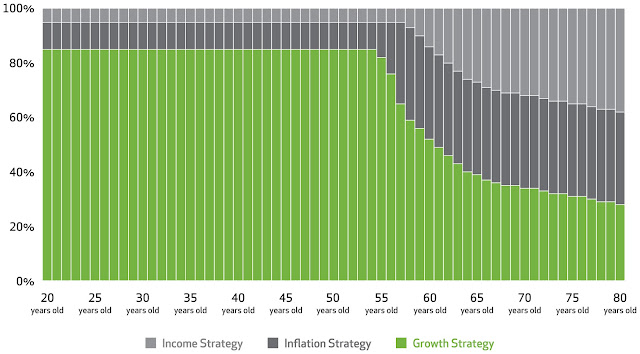Record low OCR has implications for cash holdings

Last week’s decision by the Reserve Bank of New Zealand to reduce the Official Cash Rate (OCR) to a new all-time low of 1.5% has certainly triggered much debate. The call has been made that further monetary stimulation is needed to support certain sectors of the local economy and to take account of a degree of uncertainty in the global economy. The wisdom or otherwise of the rate cut will only be judged in hindsight, but it is certainly fascinating to see a situation where our rate is now a full 1% below the United States Federal Reserve interest rate. I remember a time not too long ago when NZ’s cash rate was always higher than the United States. This was based on the belief that we were a small economy with a high level of external debt, and that higher local interest rates had to reflect the increased risk. Apparently, the world is now different. With the OCR at this level, the returns from cash and some bank term deposits are now negative, i.e., the after-tax return



